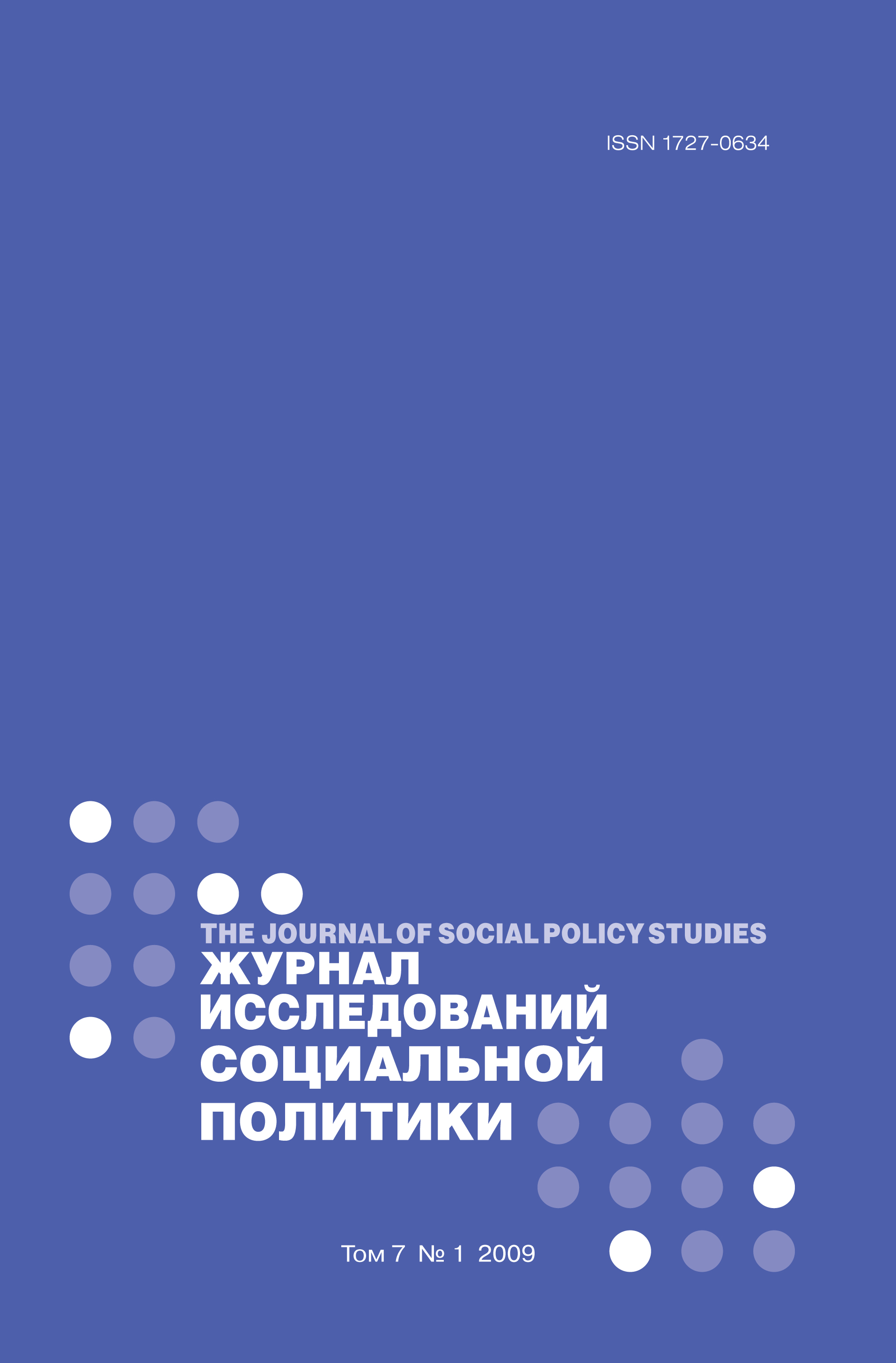In search of a new model for ethno-cultural policies between the centre and regions of Russia (the case of the Republic of Tatarstan)
Abstract
This article traces the development of new models of ethno-cultural relations between the centre and the regions of the Russian Federation over the last twenty years, with particular emphasis on the Republic of Tatarstan. The question of how centre-region relations will be managed remains of critical importance to the development of a unified, civic identity for Russian citizens. The Soviet model of ethno-cultural management featured top-down, tightly controlled central direction of ethnic diversity. This was replaced in the 1990’s by decentralization; policies that encouraged the preservation and development of ethnic minority languages and culture through regional management. The Kremlin, in turn, accepted the idea of ethno-cultural difference being reflected in an ethno-federal political system. The 2000’s saw efforts to achieve a more concrete articulation on how to manage difference in the nation and how to promote unity in diversity. This meant more emphasis on a common Russian civic identity (obsherossiskii) and a search for a new balance in Centre-Region power relations. This article considers the official documents, state programmes, statistics in the Republic of Tatarstan and compares this with the results of interviews with experts in cultural and ethno-cultural questions in Tatarstan. The results show that, while many appreciate the opening of a dialogue with the centre and regions over the 1990’s, problems remain over a lack of democratisation, excessive bureaucracy and failure to share information and embrace openness between institutions. The Russian ‘multicultural’ project clearly has its own unique historical and political conditions inherited from the Soviet era that entailed vigorous centralised state control of ethno-cultural relations and policies. To this day this heritage takes its toll on how people think, with the Soviet institutional model of ethnic relations still more familiar to key actors than the Western-style civic model, which remains poorly understood and alien to local mentalities. The search for a new model of ethno-cultural relations between regions and the centre and attempts to develop a new civic all-Russian identity remains in progress.















